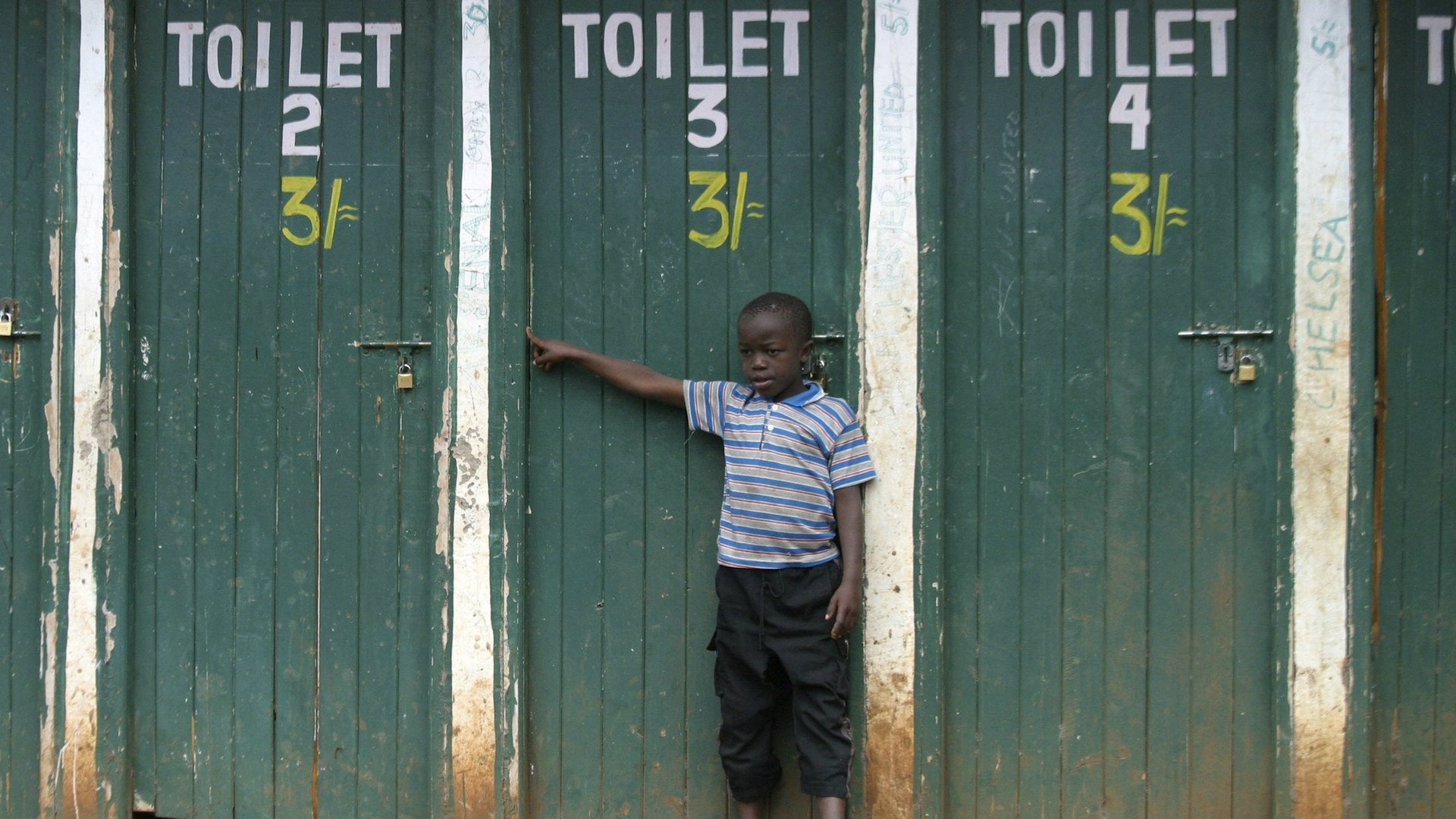The world’s poorest households are more likely to have a mobile phone than a toilet
The world’s poorest families are more likely to have access to a mobile phone than a toilet, and that’s not necessarily a good thing.


The world’s poorest families are more likely to have access to a mobile phone than a toilet, and that’s not necessarily a good thing.
That’s according to a report (pdf) by the World Bank that says cheap mobile phones and expanding access to the internet haven’t delivered on the gains that many predicted, such as improved productivity, more opportunities for the poor, and more accountable governments.
Even as the world’s number of internet users reached 3.2 billion last year and four fifths of the global population now have access to mobile phones, the world is not reaping the so-called “digital dividends” of this transformation. Global productivity has slowed, labor markets have become more polarized, inequality is only increasing, and the share of free and fair elections hosted around the world is declining, according to the report.
Developed economies still dominate the spread of knowledge and information. There were more contributions to Wikipedia from Hong Kong, a city of about 7 million people, than from all of Africa, which was home to 50 times more internet users last year.
“The poor benefit from digital technologies, but only modestly in relation to the true potential,” the report says.
One reason is that access to the internet is still uneven: two billion people, or 60% of the world’s population, don’t have access to the internet. In Africa, the world’s fastest growing mobile phone market and home to initiatives like Facebook’s Internet.org to give millions access to the internet, cost is still an issue. The median mobile phone user in Africa spends more than 13% of his or her monthly income on their phone bill. In the Central African Republic, one month of internet access costs about 1.5 times the annual per capita income.
Other divisions persist: only 10% of rural residents in Africa compared with almost a quarter of urban residents have access to the internet. Only a little over 10% of women are likely to use digital technologies compared to almost 20% of men. Sub-Saharan Africa may be catching up the rest of the world in mobile phone usage, but it is falling behind when it comes to access to the internet.
More importantly, digital technologies and access to the internet alone don’t solve fundamental problems that governments need to address, namely a lack of clean water, good roads and stable electricity.
The report’s conclusion is clear. “The full benefits of the information and communications transformation will not be realized unless countries continue to improve their business climate, invest in people’s education and health, and promote good governance.”